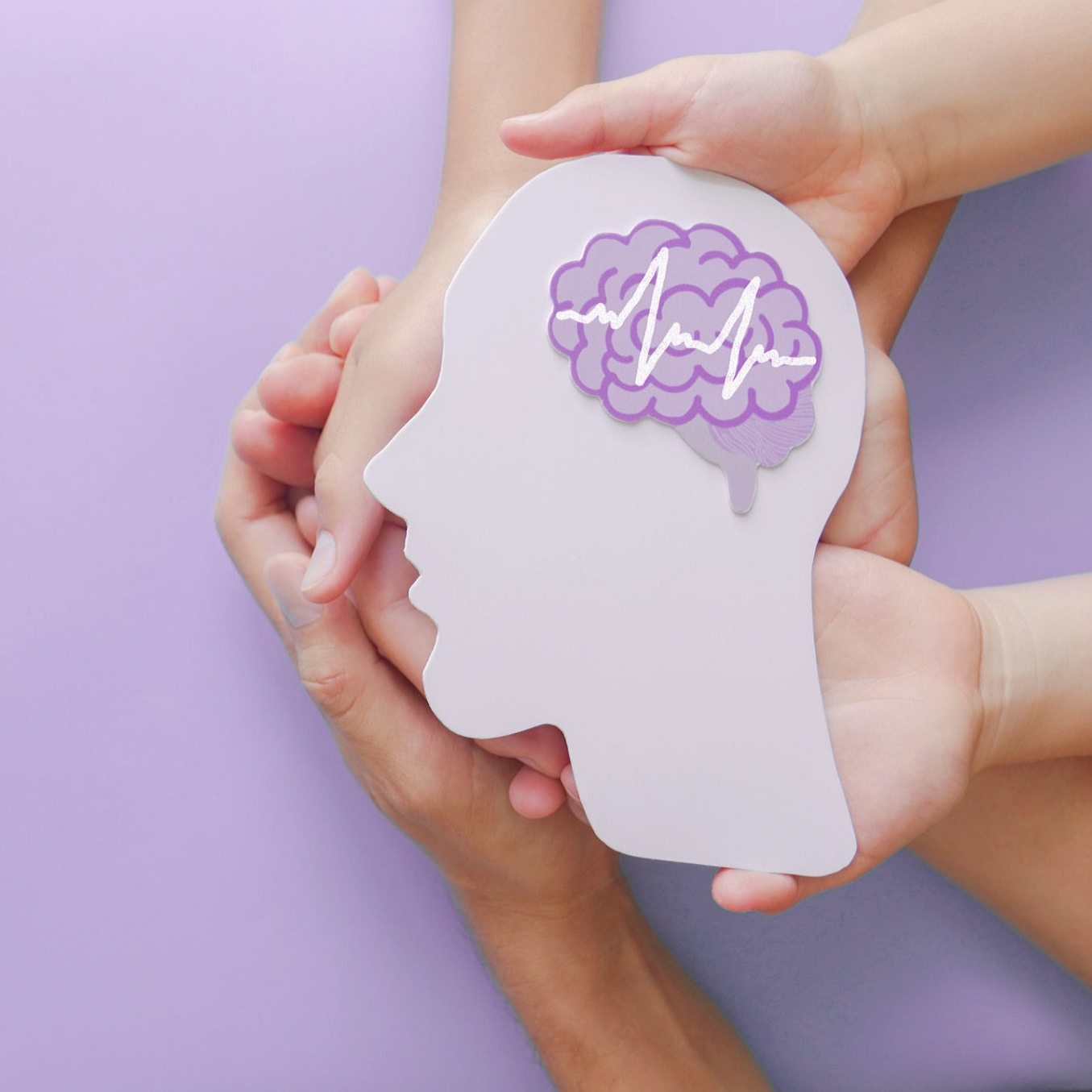Is It ADHD or Something Else? 4 Conditions That Mimic ADHD

January 16, 2025
Attention-deficit/hyperactivity disorder (ADHD) is one of the most common childhood disorders. Roughly 15.5 million American adults were living with ADHD as of 2023.
No single test can confirm ADHD. Doctors look at symptoms, but several other conditions can look like, or “mimic” ADHD. For many people and parents, this begs the question: Is it ADHD or something else? Our expert, Georges A. Ghacibeh, M.D., a neurologist at Hackensack University Medical Center, explains how to spot the differences.
What Does ADHD Look Like?
ADHD symptoms can include:
- Fidgeting
- Running, climbing or not staying seated at inappropriate times
- Avoiding tasks that take mental effort, like homework
- Not following directions
- Being easily distracted or struggling to focus
People who don’t have ADHD might do these behaviors from time to time. But for people with ADHD, these symptoms last for at least six months, and they get in the way of development and everyday life.
What Are ADHD Mimics?
ADHD mimics are conditions that can look similar to ADHD, but they have different root causes and treatments. A neurologist can spot the differences.
What Is Inattention?
“Attention is the ability to concentrate on a specific task while tuning out distractions,” says Dr. Ghacibeh. Inattention—or difficulty paying attention—is a primary symptom of ADHD. Someone showing inattention might:
- Wander off task
- Be disorganized
- Struggle with memory
The Four ADHD Mimics
While inattention is a red flag for ADHD, it’s also common in four other types of disorders. This overlap can make diagnosing ADHD tricky.
- Seizures
Seizures often cause you to jerk or twitch. But they can also cause you to stare off into space. During a seizure, you may be unable to respond to people around you. These seizures are usually very short but happen often. This type of seizure can look similar to a person with ADHD who struggles to pay attention.
- Sleep Disorders
“Sleep disorders are the biggest reason people can be misdiagnosed with ADHD,” says Dr. Ghacibeh. Some sleep disorders make it hard to get enough sleep or quality sleep. This harms your ability to concentrate, remember and pay attention.
Other sleep disorders can make you sleepy and unfocused during the day. “When you are tired, you have trouble paying attention,” says Dr. Ghacibeh. But this doesn’t mean you have ADHD. Some sleep disorders that can look like ADHD include:
- Insomnia, which makes it hard to fall asleep and/or stay asleep
- Sleep apnea, which causes you to stop breathing during sleep
- Narcolepsy, which causes sudden sleepiness during the day
- Hypersomnia, which causes extreme daytime sleepiness even with enough nighttime sleep
- Encephalopathy
Encephalopathy is a broad term for diseases that affect the brain. Dr. Ghacibeh says encephalopathy can have many causes. Some of the most common include:
- Metabolic disorders, such as diabetes, issues with hormones or too much/too little of certain electrolytes
- Infections, such as Lyme disease or post-COVID syndrome
- Autoimmune disorders in which your immune system attacks your brain
All of these can cause symptoms like brain fog, memory issues and inability to focus, similar to ADHD.
- Developmental or Learning Disorders
Learning disabilities and developmental disorders can also look like ADHD. Some people, like those with autism spectrum disorder, may have ADHD as well as learning disabilities or developmental disorders. But Dr. Ghacibeh stresses, “It’s important to separate these disorders from pure ADHD because treatment is different.”
Be Mindful and Ask Questions
If you or your child struggle to focus, ADHD can seem like a quick, obvious answer. But tell your doctor about all the symptoms you notice. It may take multiple tests to get to the root of the problem, but finding the true diagnosis will help your doctor recommend the most effective treatment.
“ADHD does not get worse over time,” Dr. Ghacibeh says, “and the symptoms usually don’t start suddenly.” If you notice sudden symptoms that get worse, you might have a different condition and should speak with your doctor.
Next Steps & Resources:
- Meet our source: Georges A. Ghacibeh, M.D., MSc., FAAN
- Make an appointment with a neurologist, or call 800-822-8905.
- Learn more about neurosciences at Hackensack Meridian Health.
The material provided through HealthU is intended to be used as general information only and should not replace the advice of your physician. Always consult your physician for individual care.






